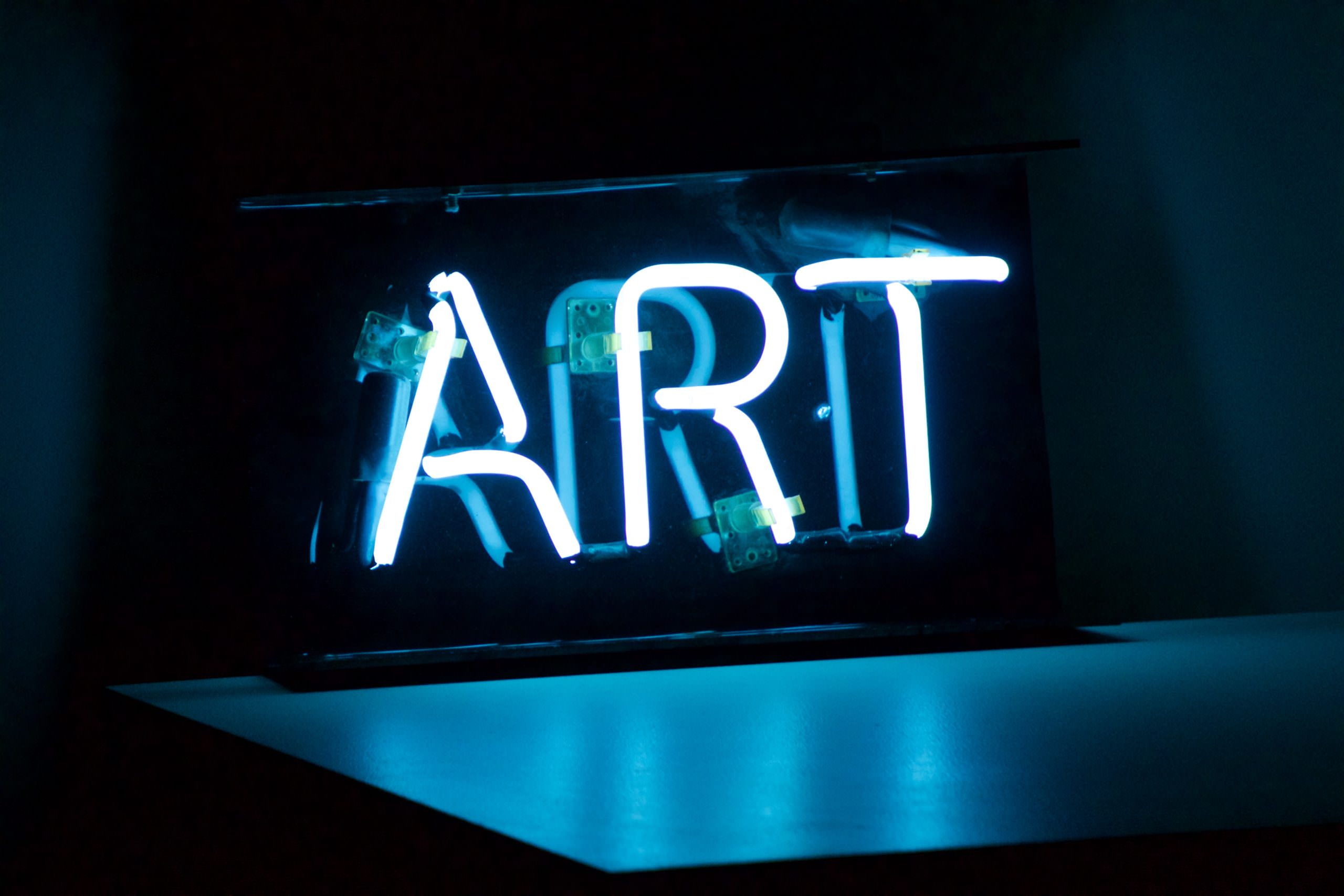Do you encourage creativity (from your agency)?
Creation is an extremely important pillar in the success of communication campaigns and branding in general. Everyone will define it, but its impact on emotion, and therefore the potential engagement of targets, is essential.
However, so-called “advertising” artistic production rarely reaches the freedom and emotion of the world outside that of the sponsored act. Artists, designers, illustrators, musicians, independent influencers and creators of experiences, feed the world with pearls and visionary projects far above communication campaigns. All brands, and in addition all agencies, would like to achieve such public engagement in their actions and visibility.
But why is it so difficult for brands to achieve this freedom and daring? Why is it so rare in a project process to come up with a creative concept, and more importantly, to execute it perfectly? Namely: a craze and a respect for the initial idea, an embodied vision, a relevant dosage of risk taking.
Without too much doubt, the reason is to be found in the existence of the different layers of decision-makers, the fragility of the advertisers-agency relationships and the lack of courage of vision that should nevertheless be embodied. The fault with a falsely ambitious but not very permissive system. Emotion does not often cross the barriers of reason (or ROI).

Test agencies at random, or the confusion between novelty and creativity.
Carried away in the management of daily life and the urgent need to renew itself, a brand manager calls on creative agencies. If formalized, the brief is launched as is. The agencies will then be keen to demonstrate their creative superiority, especially in the face of a new potential client.
This approach actually leads to a reality that is confirmed statistically. Success in a tender, first lies in a survival checklist. Analysis of the corporate culture, perception of errors to avoid, synthesis of points of intuition and past experiences. This first meeting is often that of rationality and not of creative risk taking. The dream of the awesome concept in AO exists, but it will at best have the consistency of fireworks.
Everything has to be earned. Large and beautiful campaigns, those that surprise, succeed, sometimes against all odds, are the fruit of the determination of a few individuals. For a creative person, in an agency, it will even be necessary and above all to go against the doubts of his colleagues. With certainty, if a concept is really new (and therefore risky), few will manage to project themselves and will naturally block. If a concept contains an element that echoes a bad past experience, it will also be discarded (we are in France, not in the United States). And the more people around the table, the more decision-making layers, the lower the probability that a powerful and creative concept will emerge.
The defining role of a creative lead (and their sponsor).
This is where the role of the visionary, the one who will carry his ideas against all odds, must be the strongest. And despite appearances, it is not the most blindly rebellious and free from all constraints who will succeed in imposing themselves in the field of communication. On the contrary, the best creative directors are those who, little by little, will succeed in demonstrating the greatest empathy for the client context, measuring their angles, adapting to the situation to convince with successes skillfully measured and orchestrated. Artists are incapable of concessions and so much the better. On the contrary, great agency creatives are endowed with this sense of timing and context, of this constructive patience that will lead them to express the best of their talent.
For a vision to be born, you necessarily need trust, based on previous successes. To create this trust, it is necessary to create experience, a number of projects sufficient to streamline the working approach. So advertisers can trust agencies, who can then trust their creatives (and more broadly their experts). Once they have mastered the context, they can then deliver all of the substance of their added value.
If you have an important advisory role in an agency, or are responsible for com for the advertiser, it is very important to understand this truth: the real creative shift (and not just the fireworks) can take place in a context of trust, of professional disinhibition, and simply of true shared culture.
To achieve this, it is necessary to make the right balance between very short-term objectives, often paralyzing, and vision, intuition, which really push teams and brands to evolve, to transform. Creativity, more than anything else in a brand’s life, requires courage.
Share this article
Vous voulez en parler avec nous ?
Pourquoi ne pas se rencontrer pour échanger autour d’un projet ou d’une technologie ? Nous serions ravis de partager notre vision des choses !